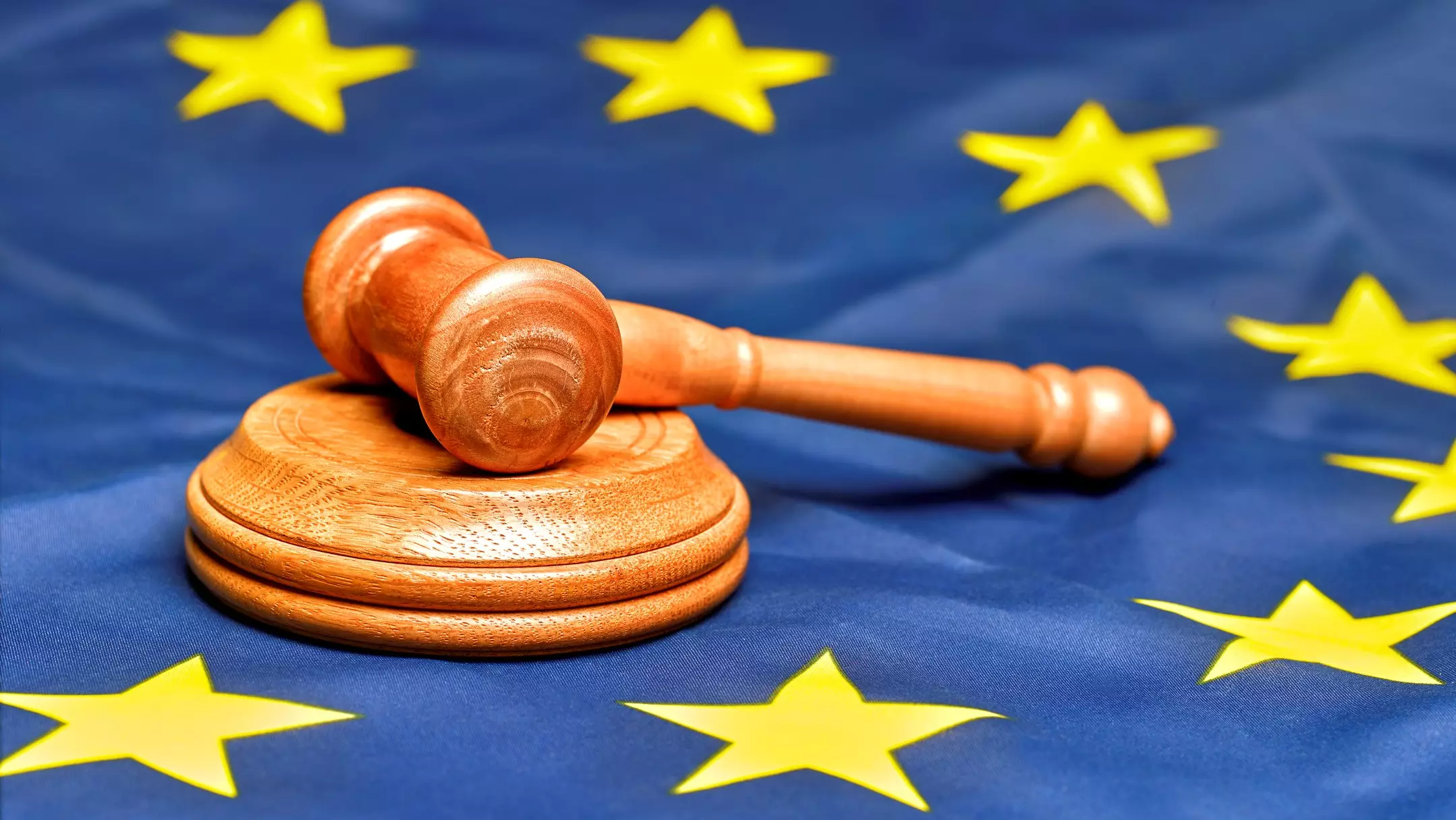Recent revelations from the European Commission highlight a stark reality in the tech world: giants like Apple and Meta are operating under a framework that often prioritizes profit over ethical considerations and consumer choice. With hefty fines amounting to €700 million handed down for breaches of the Digital Markets Act (DMA), these infractions should act as a clear warning. Yet, one must ask: are these penalties more than just a drop in the bucket for such colossal enterprises?
Apple faces a €500 million fine due to its violation of anti-steering rules within its App Store, which has been flagged for blocking developers from communicating alternative offers available outside its ecosystem. This situation raises significant concerns about the gatekeeping behaviors that prevent healthier market competition and consumer access to cheaper options. The fundamental issue at hand is the balance between protecting proprietary interests and providing a fair marketplace where consumers can make informed choices. Such restrictions stifle innovation and inhibit the diversification of services, a conclusion that the Commission is right to address.
Meta’s Flawed Advertising Model
On the other hand, Meta has been penalized with a €200 million fine for its controversial “consent or pay” model. Under this structure, users are forced into a binary choice: either accept the invasive nature of personalized ads powered by their data or pay for an ad-free experience. The European Commission has deemed this as contrary to the DMA, arguing that users should be afforded the opportunity to opt for an equivalent service that uses minimal personal data without needing to withdraw from a personalized advertising framework. This not only undermines user autonomy but fosters a troubling culture where data privacy is sacrificed on the altar of revenue generation.
Such models highlight a fundamental flaw in how digital services are presented to consumers. As technological services become increasingly embedded in our lives, the obligation of companies to respect user consent and provide genuine choices grows heavier. The ‘take it or leave it’ mentality subverts the foundational principles of a digital economy seeking to establish fair competition, transparency, and user rights.
Impact of Financial Penalties: A Wake-Up Call or Just Chump Change?
While the aggregate fines of €700 million may seem substantial on the surface, they represent a mere fraction of the financial power wielded by these corporations. Meta, for example, reported revenues exceeding $164 billion amid staggering losses in its Reality Labs division. Similarly, Apple’s quarterly revenue reached $124.3 billion, raising doubts about whether such fines will penetrate the walls of corporate complacency. In a landscape where companies routinely navigate financial ups and downs without a hitch, it’s unlikely that these penalties will engender meaningful change or operational shift.
The issue lies not only in the scale of the fines but in the perception of accountability among tech giants. When the financial punishment feels more like a cost of doing business rather than a significant deterrent, there’s little incentive to alter potentially harmful practices. This creates an ethical dilemma where compliance with regulations becomes a mere checkbox rather than a commitment to abide by fair digital marketplace standards. One could argue, then, that the effectiveness of the DMA is in question—if hefty fines do not inspire change, what will?
A Call for Genuine Consumer-Focused Solutions
The compliance violations of giants like Apple and Meta not only point to legal failings but also underscore a glaring oversight in understanding consumer needs and desires in the digital age. The dialogue should not only circumnavigate regulatory enforcement but also explore avenues for companies to genuinely address user preferences. This encompasses everything from providing transparent data usage policies to offering diverse, ad-free options, ensuring that consumers have the autonomy they deserve.
As the tech landscape continues to evolve, so too must the frameworks that govern it. It is imperative for regulators, companies, and consumers to champion digital marketplaces that thrive on fair competition, respect for privacy, and authentic choice. Only then can the foundations of trust be rebuilt, creating an environment where both innovation and consumer satisfaction are prioritized. The message from the European Commission serves as an imperative reminder: accountability is not optional, and the future of tech must align with consumer rights to flourish.

